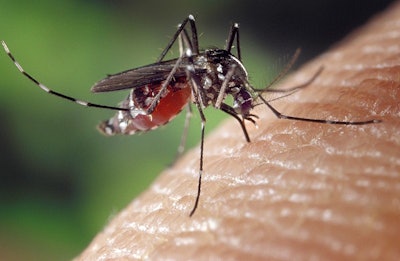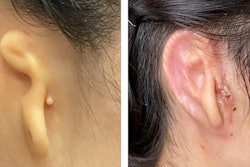We have drugs and vaccines that combat malaria, but the parasites that cause the disease continue to mutate to resist treatments. This issue contributes to hundreds of thousands of malaria-related deaths around the world each year. A recent New Atlas article discussed a new compound that combats the evolution of malaria by infiltrating the parasites and causing them to self-destruct.
In new research, a team of researchers at the University of Melbourne worked with a class of chemicals known as nucleoside sulfamates. They found that one in particular inhibited the growth of the malaria parasite, and left healthy cells alone. The molecule, known as ML901, binds to an amino acid and destroys the protein production chain that the parasite uses for reproduction and survival. In trials with human blood cultures and animal cells, ML901 was effective against malaria parasites that had resistance to current drugs.
The findings could spur the next generation of treatments for malaria that don’t just treat the disease, but also prevent it from spreading.






















